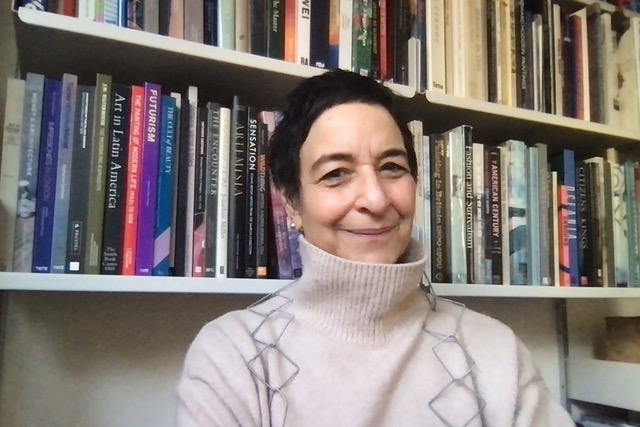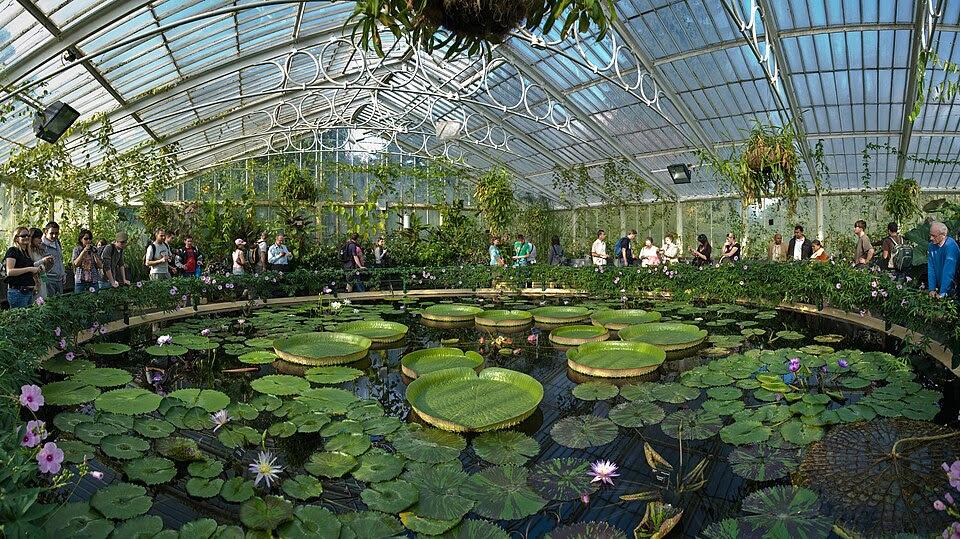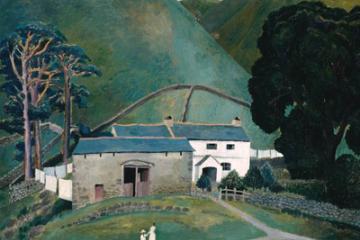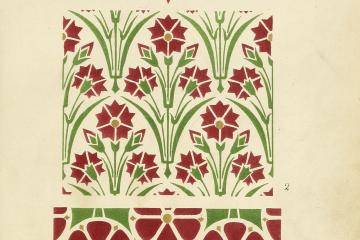From 18th century royal pleasure gardens to the most bio-diverse place on earth today, Cindy Polemis digs into the history of Kew Gardens. We’ll look at Kew’s early role as a beacon of historical landscape aesthetic, its crucial part in the advancement of science, colonialism and trade, and how today it drives international efforts to combat the effects of climate change and the threats of extinction in the natural world. Kew scientists have even collaborated with police forensic investigations: thwarting illegal timber trades, solving gruesome murders and identifying poisons are just some of the ways they have helped combat crime.
Today Kew holds the largest and most diverse collection of plants in the world: 30,000 living plants, some extinct in the wild, 14,000 trees, nearly 8 million dried specimens and more than 2.4 billion seeds - it is truly the world’s most important garden and one which has changed, and continues to change, our world.






